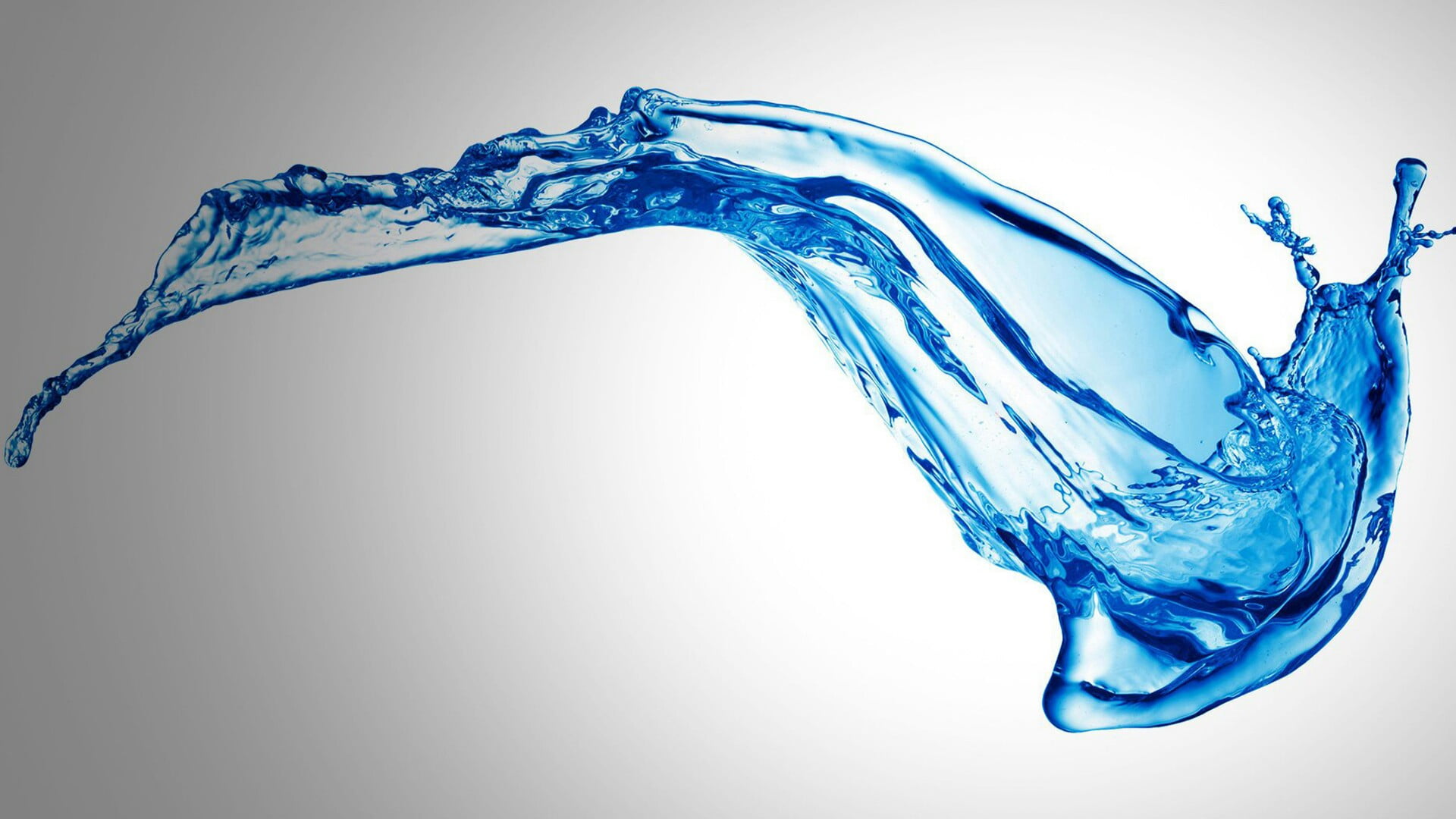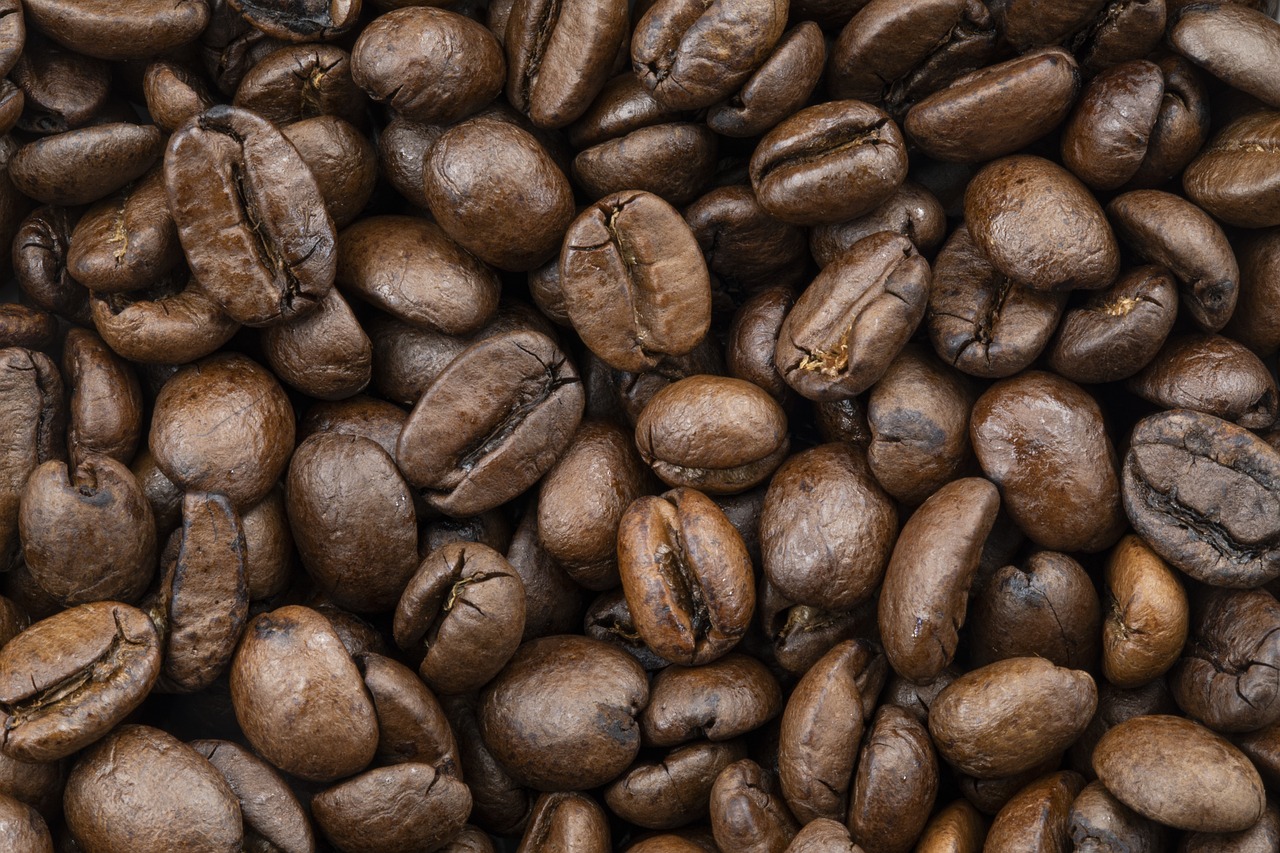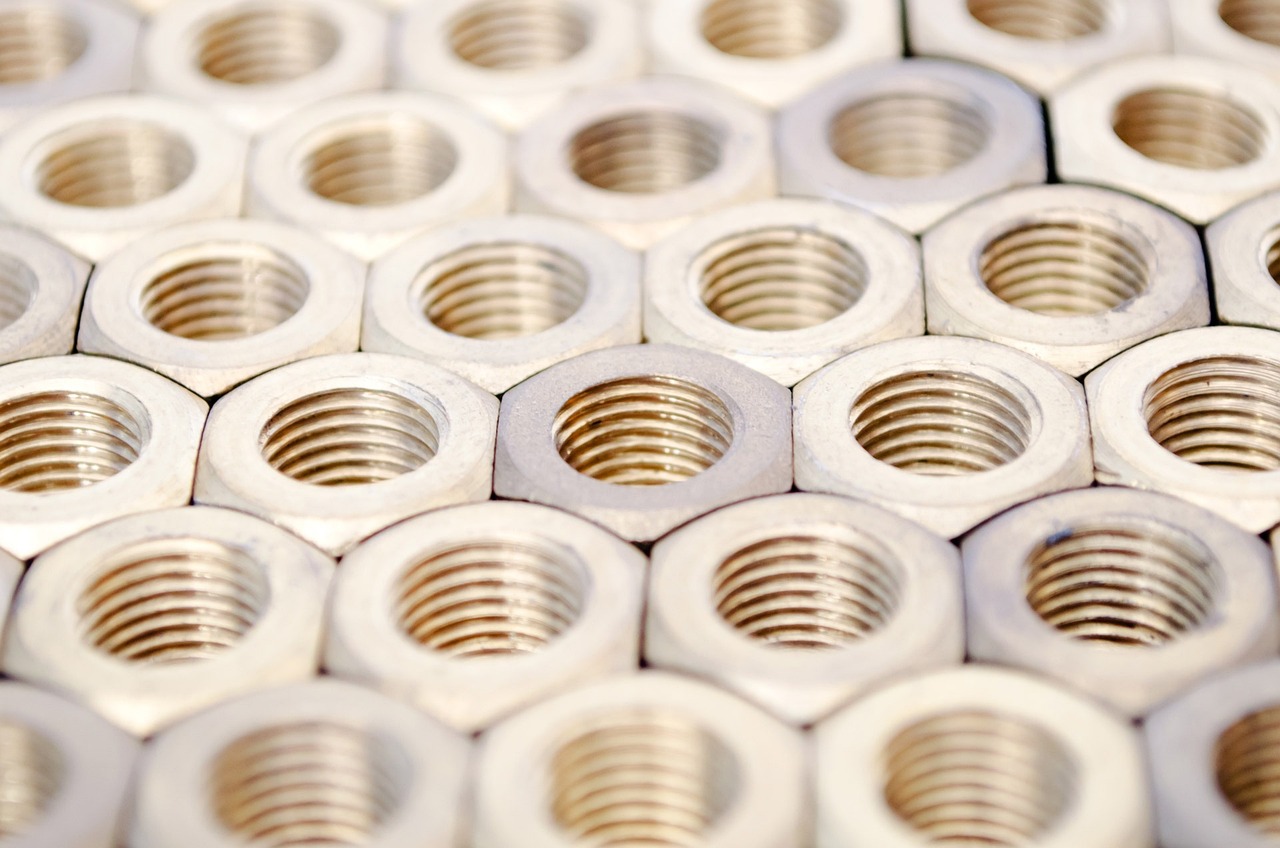Liquid paste Filling Machine
Sample
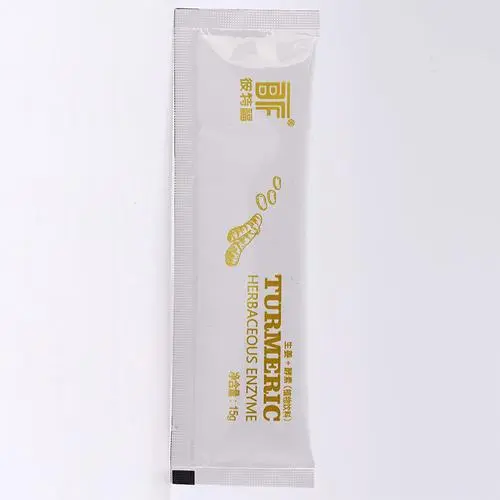
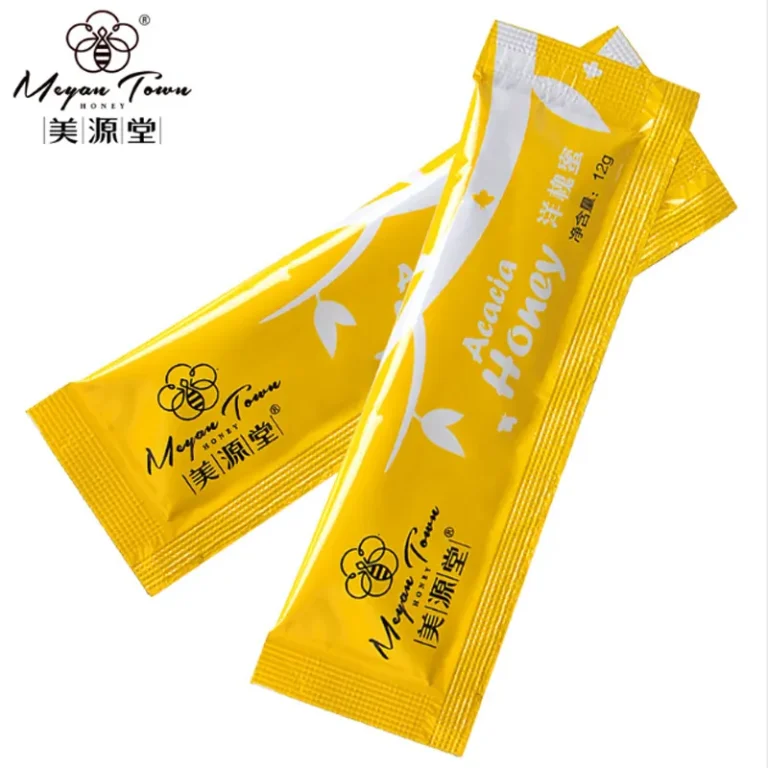
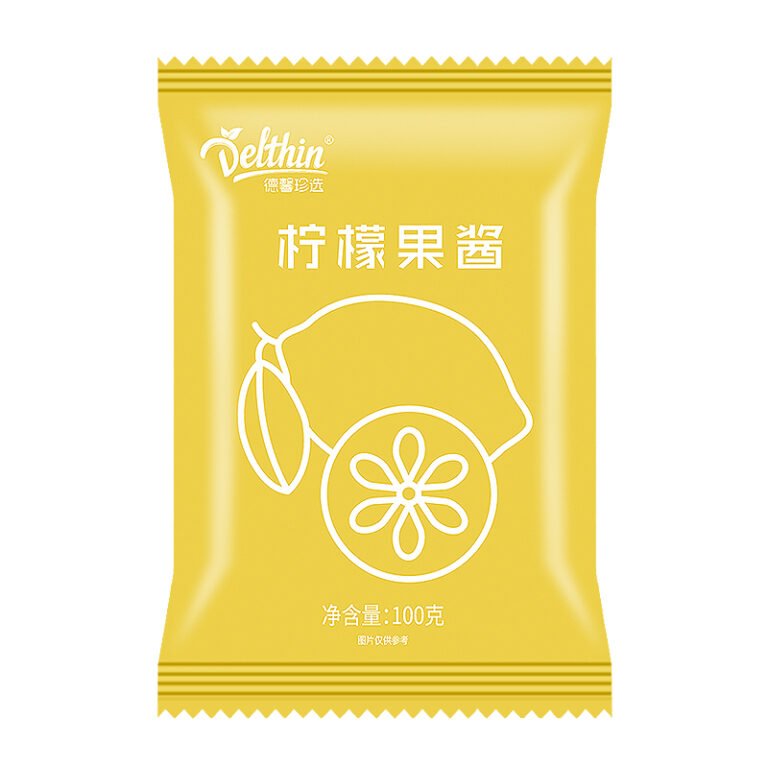

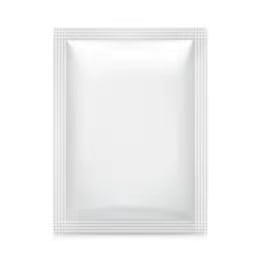
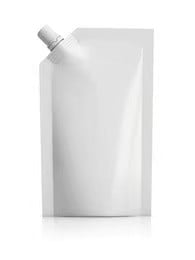
Machine Choice
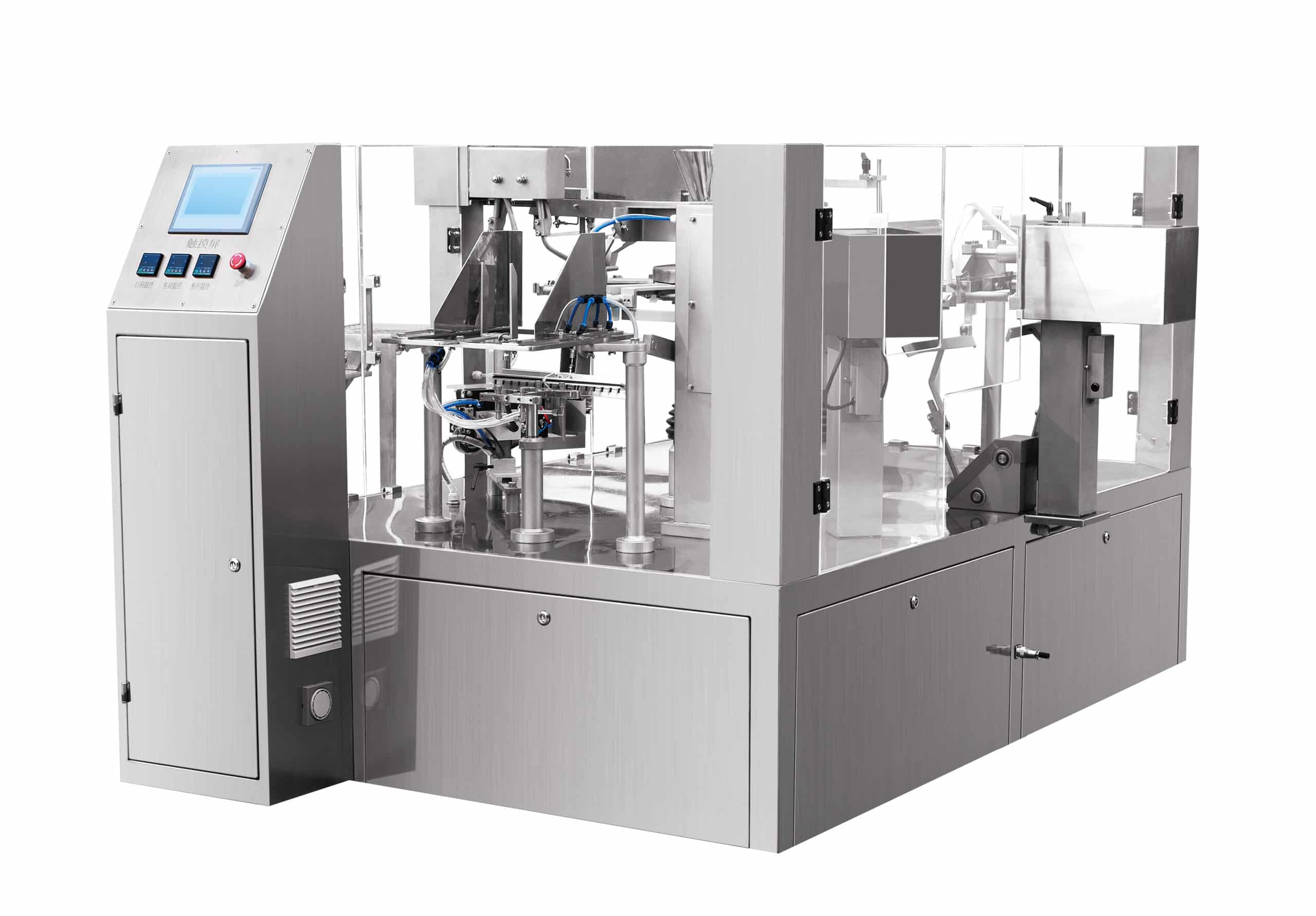
AUTOMATIC LIQUID PASTE POUCH FILLING&SEALING MACHINE
A high-quality Pre-made Pouch Packaging Machine must be selected to package paste products, as paste products are often sticky and can result in higher stickiness and fluidity, which can cause difficulties with pre-made pouches. For example, during the heat sealing process, the paste product may stick to the edges of the bag, resulting in an incomplete seal or bag breakage.
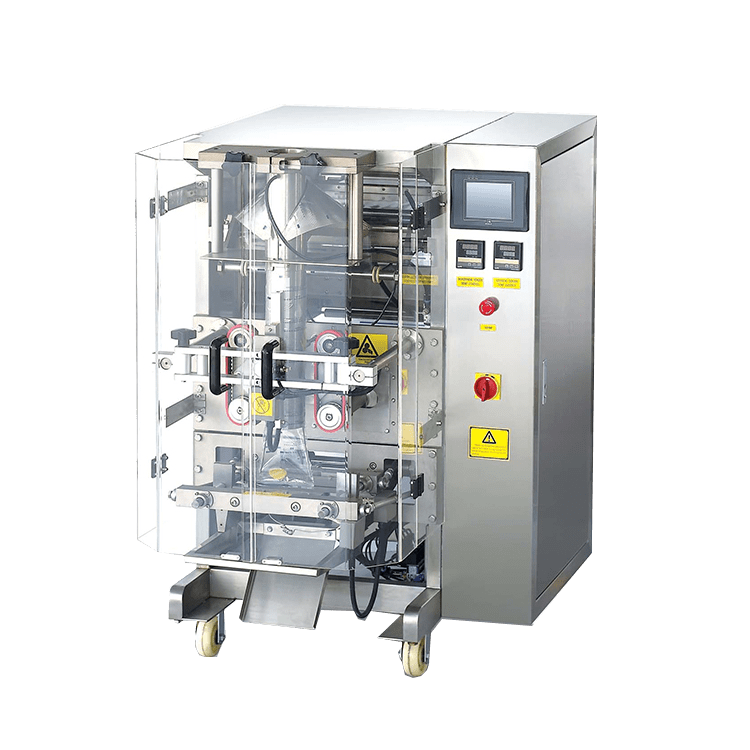
PASTE FORM FILL & SEAL MACHINE
Vertical Form-Fill-Seal Machines (VFFS) can often be used to package paste products,low cost and up to 60 bags/min but they are usually better suited for thicker paste products than liquid paste packaging machines. Because VFFS machines work by placing material into a forming tube, filling and sealing it to form a bag, paste products have a low viscous flow and will run smoothly through the machine tube to fill the bag
Ultimate FAQ Guide
Yes, paste-filling machines can be integrated with other equipment such as labelling machines, capping machines, cartooning equipment, etc. to create automated filling lines. The ability to work with other machines depends on their size, speed, control systems, etc.
The machines allow for adjustable fill quantities to suit different product sizes and customer needs. The fill amount is typically adjusted through the machine’s control interface by inputting the target volume, container size, etc. Some machines may require change parts for very different fill volumes.
Lintyco filling machines can accommodate different languages on product labels, containers, etc. The ability to handle various languages depends on factors like the control interface, printing capabilities (if any), and available staffing. Some machines may also offer multilingual interfaces and instructions.
Specialized paste packaging machines are available for applications like pharmaceuticals, cosmetics, food, chemicals, etc. These machines are designed specifically for these industries with options like stainless steel construction, sterilization options, leak testing, contamination controls, etc. The configurations and certifications depend on the target sector and products.
Most standard packaging machines can handle a wide range of container sizes for different pack types like trial, retail, family and economy sizes. The specific sizes possible depend on the machine’s available adjustments and change parts. Highly specialized sizes may require customizations.
Paste packaging systems can be designed and built to suit eco-friendly materials like recyclables. Options like removable/disposable filling and sealing components allow for materials that cannot be sterilized. However, recyclable materials may have limited compatibility with some sealing methods like heat or ultrasonic sealing. The ability to handle green materials depends on the machine’s configuration and specifications.
The ability of a paste filling machine to fill non-standard container shapes depends on its available adjustments, change parts and level of customization. For highly specialized shapes, custom filling modules or attachments may need to be designed to properly handle and fill the containers. Simple shapes like round, square, oval, etc. can typically be accommodated on most standard machines.
Paste packaging machines can often be customized to meet industry standards or regulations. Factors like materials of construction, filling technologies, quality control features, validations, certifications, etc. can be tailored to suit needs. However, extensive customization may be complex, time-consuming, and require input from various stakeholders to ensure compliance. Compatibility depends on the machine supplier’s experience and capabilities.
Lintyco warranty time is 12 months . After-sales support like operator training, maintenance, spare parts supply, troubleshooting, etc. are also usually available either from the OEM .
Lintyco filling equipment with advanced features like inline labelers, coders, and printers can apply customized labels, prints, and markings onto product containers. Options like multiple print heads, label applicators, etc. provide flexibility in content and placement. The level of customization possible depends on the machine’s configurations, available equipment, and printing capabilities.
The ability of a paste packaging machine to fill different dispensing mechanisms depends on its filling technology and available attachments. For most standard dispensing methods like tubes, pumps, and caps, interchangeable filling pumps, nozzles and cap placers can typically be provided. Highly specialized dispensing systems may require custom filling modules to be designed and integrated with the machine.
Most standard paste packaging machines provide some flexibility in label placement through adjustable product holding parts, filling nozzles, etc. However, for specialized or complex label placements, custom label applicators and container handling attachments may need to be integrated with the machine. The range of possible label placements depends on the machine’s available configurations.
The ability of a paste packaging machine to apply different label types depends on its available label applicators and dispensing systems. Most can handle basic label types like front/back labels, wrap-around labels, etc. shrink sleeves require shrink tunnels, and may need to be handled on separate labeling machines.
Paste packaging machines with options like inline labelers, coders and printers can typically apply multi-language labels, regulatory information, etc. Multiple print heads, label applicators and programmable coding allow for different and customized contents. The ability to handle specific labeling requirements depends on the machine’s available equipment, printing capabilities and level of automation.
The ability of a paste packaging machine to handle products with special treatments or properties depends on factors like its materials, filling technology, available configurations, and pack testing. For specialized products, the machine may require customizations like:
– Sterile/aseptic filling for microbiological stability
– Inert gas flushing for oxygen-sensitive products
– Special valves, gaskets, coatings, etc. for chemical compatibility
– Integrated quality control features for attribute testing, etc.
Compatibility depends on the machine supplier’s technical capabilities and experience with similar products.

